man is a political animla by nature
Explore the best books on political nature and animal behavior, inspired by Aristotle's 'man is a political animal.' Discover insightful reads on politics, nature, and human society.
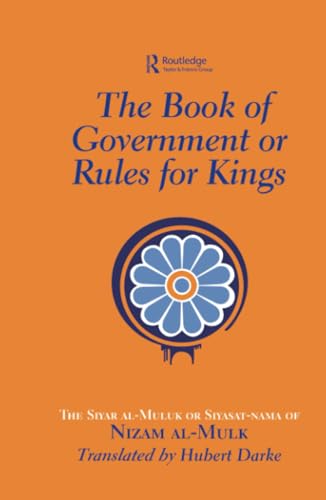

Book
The Prince
by Niccolo Machiavelli
Here is the world's most famous master plan for seizing and holding power. Astonishing in its candor The Prince even today remains a disturbingly realistic and prophetic work on what it takes to be a prince . . . a king . . . a president. When, in 1512, Machiavelli was removed from his post in his beloved Florence, he resolved to set down a treatise on leadership that was practical, not idealistic. In The Prince he envisioned would be unencumbered by ordinary ethical and moral values; his prince would be man and beast, fox and lion. Today, this small sixteenth-century masterpiece has become essential reading for every student of government, and is the ultimate book on power politics.

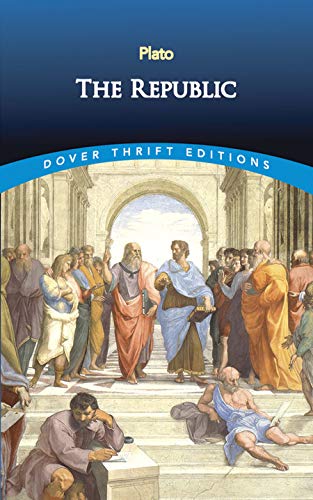
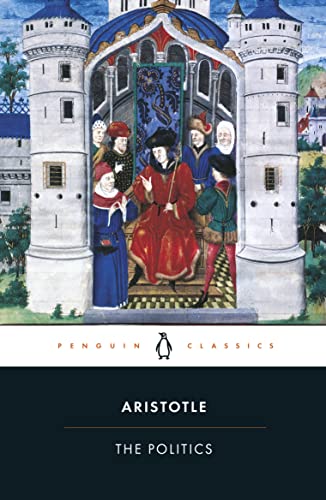
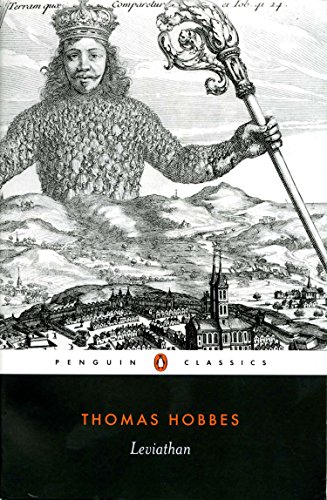

Book
The Art of War
by Sun Tzu
Widely regarded as "The Oldest Military Treatise in the World," this landmark work covers principles of strategy, tactics, maneuvering, communication, and supplies; the use of terrain, fire, and the seasons of the year; the classification and utilization of spies; the treatment of soldiers, including captives, all have a modern ring to them.
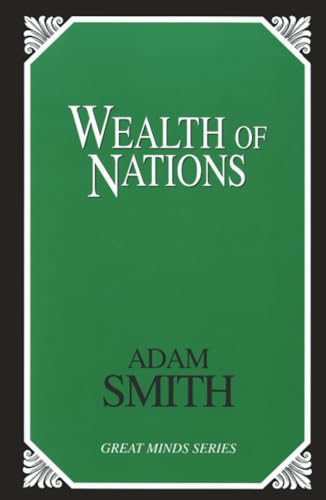
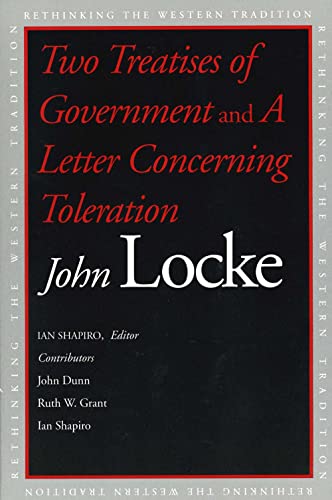

Book
Democracy in America
by Alexis de Tocqueville
A French aristocrat's account of the ways in which democratic ideals were applied in America during the nineteenth century.
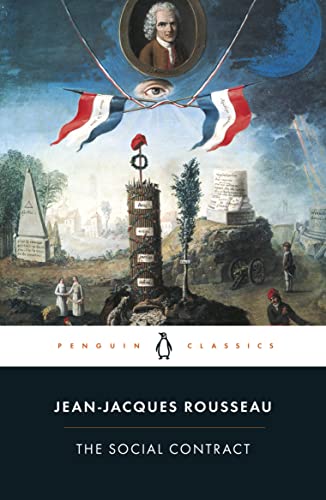


Book
Globalization and Its Discontents
by Joseph E. Stiglitz
Rarely do we get such an insider's analysis of the major institutions of globalization as in this penetrating book.

Book
The Lexus and the Olive Tree
by Thomas L. Friedman
From one of our most perceptive commentators and winner of the National Book Award, a comprehensive look at the new world of globalization, the international system that, more than anything else, is shaping world affairs today. As the Foreign Affairs columnist forThe New York Times, Thomas L. Friedman has traveled the globe, interviewing people from all walks of contemporary life: Brazilian peasants in the Amazon rain forest, new entrepreneurs in Indonesia, Islamic students in Teheran, and the financial wizards on Wall Street and in Silicon Valley. Now Friedman has drawn on his years on the road to produce an engrossing and original look at globalization. Globalization, he argues, is not just a phenomenon and not just a passing trend. It is the international system that replaced the Cold War system; the new, well-greased, interconnected system: Globalization is the integration of capital, technology, and information across national borders, in a way that is creating a single global market and, to some degreee, a global village. Simply put, one can't possibly understand the morning news or one's own investments without some grasp of the system. Just one example: During the Cold War, we reached for the hot line between the White House and the Kremlin--a symbol that we were all divided but at least the two superpowers were in charge. In the era of globalization, we reach for the Internet--a symbol that we are all connected but nobody is totally in charge. With vivid stories and a set of original terms and concepts, Friedman offers readers remarkable access to his unique understanding of this new world order, and shows us how to see this new system. He dramatizes the conflict of "the Lexus and the olive tree"--the tension between the globalization system and ancient forces of culture, geography, tradition, and community. He also details the powerful backlash that globalization produces among those who feel brutalized by it, and he spells out what we all need to do to keep the system in balance. Finding the proper balance between the Lexus and the olive tree is the great drama of he globalization era, and the ultimate theme of Friedman's challenging, provocative book--essential reading for all who care about how the world really works.
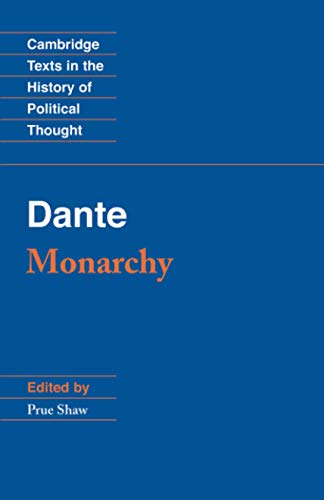

Book
Utopia
by Thomas More
First published in Latin in 1516, Utopia was the work of Sir Thomas More (1477–1535), the brilliant humanist, scholar, and churchman executed by Henry VIII for his refusal to accept the king as the supreme head of the Church of England. In this work, which gave its name to the whole genre of books and movements hypothesizing an ideal society, More envisioned a patriarchal island kingdom that practiced religious tolerance, in which everybody worked, no one has more than his fellows, all goods were community-owned, and violence, bloodshed, and vice nonexistent. Based to some extent on the writings of Plato and other earlier authors, Utopia nevertheless contained much that was original with More. In the nearly 500 years since the book's publication, there have been many attempts at establishing "Utopias" both in theory and in practice. All of them, however, seem to embody ideas already present in More's classic treatise: optimistic faith in human nature, emphasis on the environment and proper education, nostalgia for a lost innocence, and other positive elements. In this new, inexpensive edition, readers can study for themselves the essentials of More's utopian vision and how, although the ideal society he envisioned is still unrealized, at least some of his proposals have come to pass in today's world.
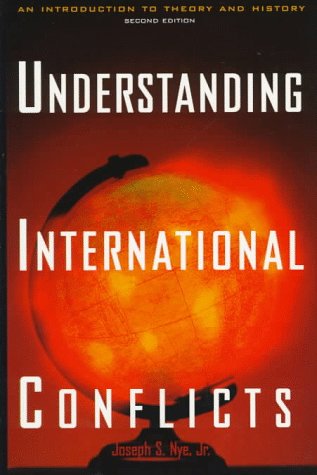
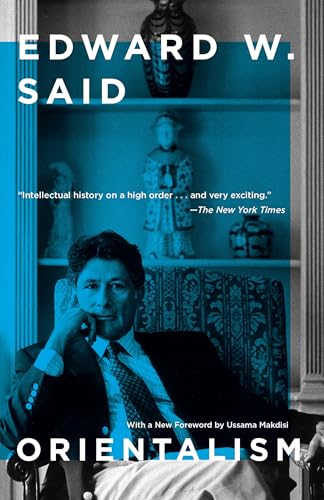
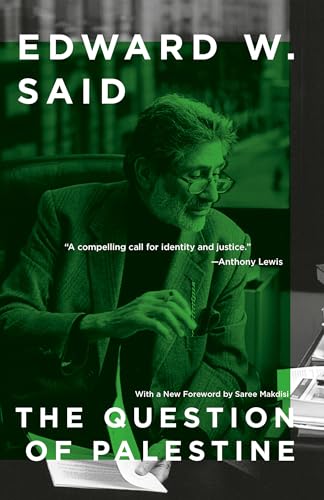
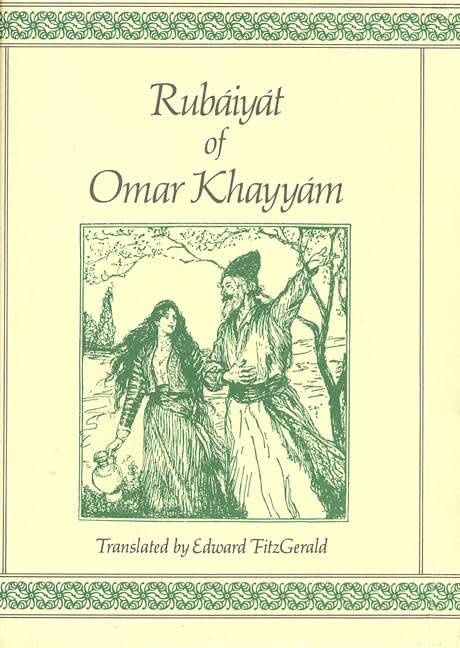

Book
Samarkand
by Amin Maalouf
The story of Samarkand is woven around the history of the manuscript of the Rubaiyaat of Omar Khayyam, from its creation by the poet and sage in eleventh-century Persia to its loss when the Titanic sank in 1912. Unwittingly involved in a brawl on the streets of Samarkand, Omar Khayyam is brought before a local judge who recognizes his genius as a poet and gives him a blank book in which to inscribe his verses. Thus the head of a great poet is saved and the Rubaiyaat of Omar Khayyam is born. The threads of his life become interwoven with the designs of the vizier, Nizam al Mulk, and of Hassan Sabbah, the founder of the Order of the Assassins who later hides the precious manuscript in his famous mountain fortress. At the end of the nineteenth century the poems fire the imagination of the West in Edward Fitzgerald's evocative translation. An American scholar learns of the manuscript's survival and recovers it with the help of a Persian princess. Together they take it on the fateful voyage of the Titanic.
